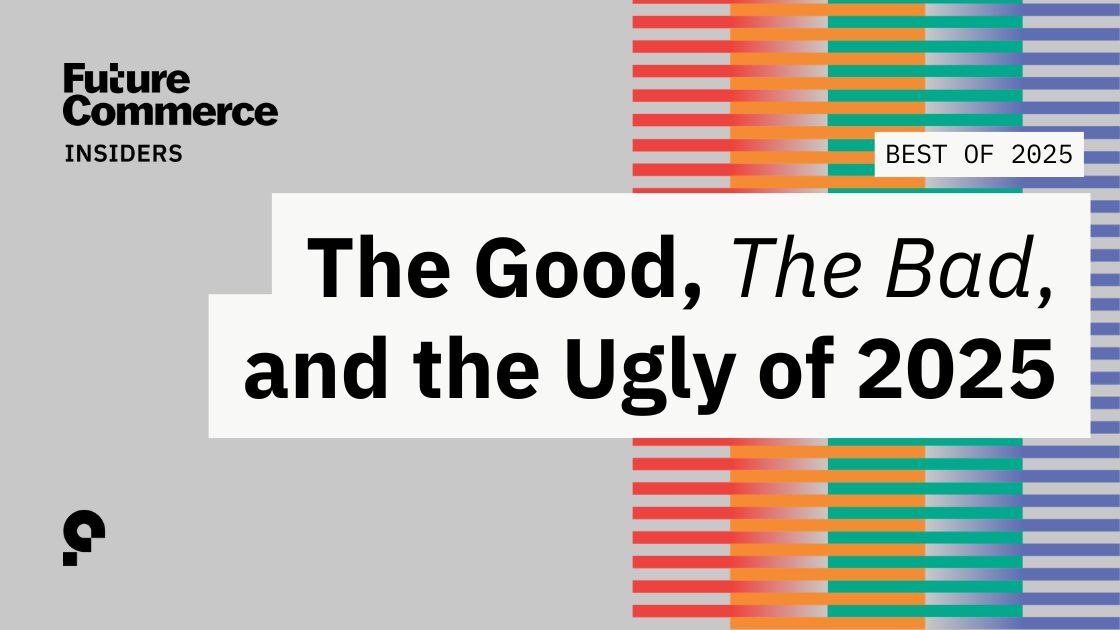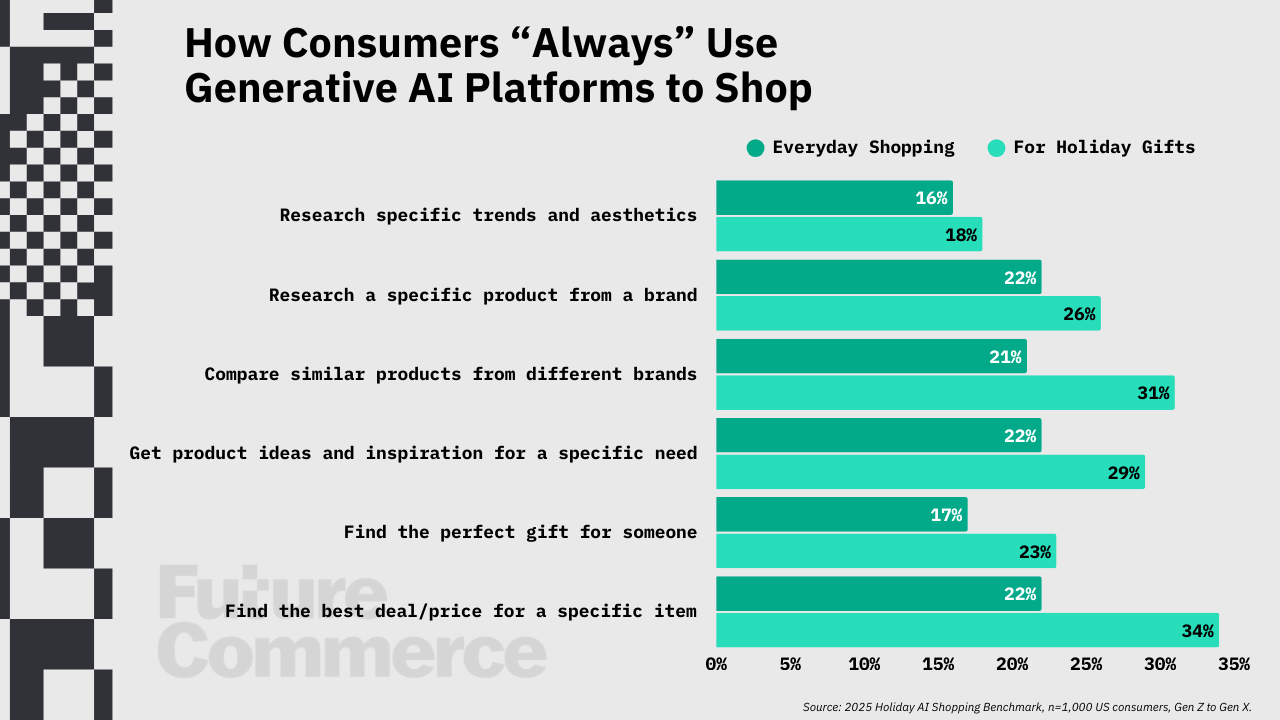
I Tried Doji (But It Turned Me Into a Black Man)

Welcome to Friday, futurists! 🏛️ 📱
In a week where the Supreme Court seems poised to rewrite the rules of attention commerce, we're witnessing a fascinating recalibration of value across American life.
While TikTok's fate hangs in the judicial balance, Amazon democratizes its ad tech, and the Phoenix Suns challenge arena economics with $2 hot dogs.
Even John Cena is waxing philosophical about the metaphysics of McDonald's value menu.
The future comes at you fast. Let's dig in...

I Dressed a Bot (And I Liked It)
The future of fashion just slid into my DMs, wearing Acne Studios.
After a week with Doji, the new AI-powered fashion try-on app, I've glimpsed a future where our digital and physical wardrobes don't just coexist – they conspire. Currently in beta, Doji transforms selfies into personalized digital boutiques, creating a mirror world where experimental fashion feels less experimental and more... inevitable.
The Digital Fitting Room
The process begins with a selfie and a 30-minute waiting period that feels less like technical limitation and more like the digital equivalent of a tailor's thoughtful consideration. Your digital doppelganger emerges ready to try on virtually anything, from Diesel's latest drops to Our Legacy's most enigmatic pieces.
You can’t buy within the app, it links out to brands like Net-a-Porter in an apparent affiliate model. It’s also a fiercely limited selection; no filtering is available. You can save items, but you’ll be waiting forever for the render for new items to try on.
But this is beta territory, of course. We’re fine with it.
By focusing on avant-garde and luxury brands, Doji positions itself at the intersection of accessibility and aspiration. The platform's affiliate model cleverly transforms passive inspiration into active discovery, but it's in the translation from pixels to physical where things get interesting. Users find themselves recreating digital outfits with existing wardrobe pieces, suggesting a future where AI serves not just as a sales tool but as a creative catalyst, breathing new possibilities into forgotten garments.

The Future (Almost) Fits
Like any pioneering technology, Doji navigates complex waters around representation and identity. While the app occasionally misses the mark in its renderings of diversity (it turned me into a black man), these early stumbles feel less like fundamental flaws and more like crucial feedback in the iterative process of creating truly inclusive digital spaces.
That aside, I found a fit I loved and went straight to my closet to recreate it. Listen, it wasn’t a perfect recreation. But it was close. I have no idea what happened here:

The question isn't whether AI will transform fashion retail – that future is already here, trying on a Craig Green jacket on your phone. The real question is how platforms like Doji will evolve from novel technology into essential tools for personal expression and discovery. In doing so, it offers a glimpse of a world where AI doesn't replace personal style but amplifies it, where digital try-ons lead to real-world confidence, and where your phone becomes the most honest mirror in your wardrobe.

Your digital twin is ready for their close-up. The question is: are you ready to see yourself in a new light?


Amazon's Advertising Apotheosis. In a seismic shift to its walled garden strategy, Amazon opens its advertising technology to other retailers, potentially democratizing the digital shelf while expanding its dominance into yet another dimension of commerce. RIP Criteo?
Stadium Economics Gets Real. The Phoenix Suns introduce a $2 concessions menu, challenging the luxury-pricing doctrine that has dominated arena economics for decades. The move follows a similar return to value menus by fast food chains (including another story below), but it is one of the few price reversals in captive audience sports venues like stadiums.
Our Take: It’s probably too early for Brian’s predictions to be coming true, but dagnabbit, here they are.


TikTok's Constitutional Clock Runs Low: Supreme Court appears ready to uphold legislation requiring ByteDance to divest TikTok or face a US shutdown, marking a potential watershed moment in digital sovereignty.
Our Take: What makes this particularly fascinating is the bipartisan consensus emerging around digital protectionism—a stark departure from the techno-libertarian ethos that dominated the early social web. The shutdown of TikTok would represent the largest government-mandated corporate divestiture in the digital age, which would doubtless harm real economic gain and the greatest incremental channel in the past half-decade for digital commerce. This would dwarf previous antitrust actions in scope and implications for global Commerce.
This could accelerate the "splinternet" phenomenon we've previously covered at Future Commerce, where the global digital commons fragment into national and regional internets. For commerce leaders, this necessitates fundamentally rethinking of platform risk and digital sovereignty in their go-to-market strategies.


Wrestling With Value. McDonald's new value menu “buy one, add one” for a dollar campaign features John Cena, transforming a simple value menu launch into an existential meditation on worth, accessibility, and the metaphysics of how a bodybuilder can justify a McDouble.












.svg)
